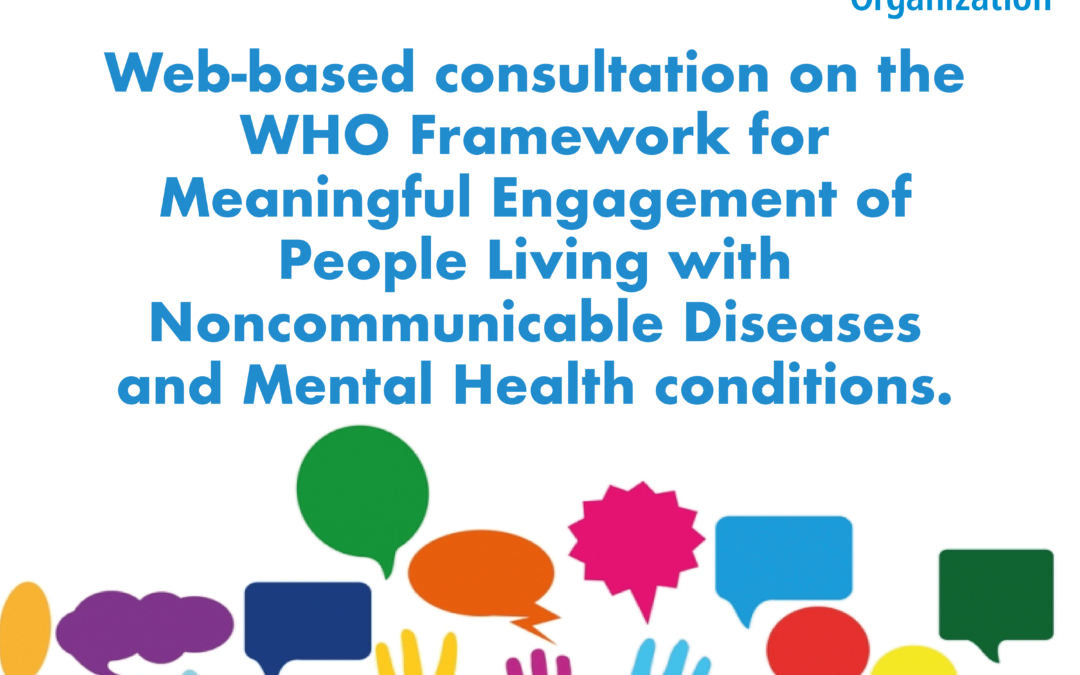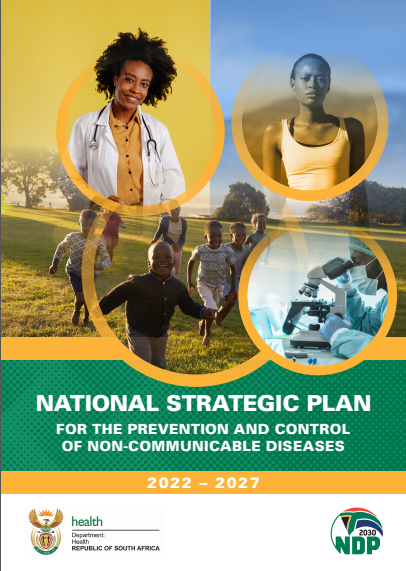
Over 1 in 3 people affected by neurological conditions, the leading cause of illness and disability worldwide
Geneva, 14 March 2024– A major new study released by The Lancet Neurology shows that, in 2021, more than 3 billion people worldwide were living with a neurological condition. The World Health Organization (WHO) contributed to the analysis of the Global Burden of Disease, Injuries, and Risk Factor Study (GBD) 2021 data.
Neurological conditions are now the leading cause of ill health and disability worldwide. The overall amount of disability, illness and premature death (known as disability-adjusted life years, DALYs) caused by neurological conditions has increased by 18% since 1990.
Over 80% of neurological deaths and health loss occur in low- and middle-income countries, and access to treatment varies widely: high-income countries have up to 70 times more neurological professionals per 100 000 people than low- and middle-income countries.
“Neurological conditions cause great suffering to the individuals and families they affect, and rob communities and economies of human capital,” said Dr Tedros Adhanom Ghebreyesus, WHO Director-General. “This study should serve as an urgent call to action to scale up targeted interventions to allow the growing number of people living with neurological conditions to access the quality care, treatment and rehabilitation they need. It is more important than ever to ensure brain health is better understood, valued and protected, from early childhood to later life.”
The top ten neurological conditions contributing to loss of health in 2021 were stroke, neonatal encephalopathy (brain injury), migraine, dementia, diabetic neuropathy (nerve damage), meningitis, epilepsy, neurological complications from preterm birth, autism spectrum disorder, and nervous system cancers.
Overall, neurological conditions cause more disability and health loss in men compared to women, but there are some conditions like migraine or dementia where women are disproportionately affected.
Since 1990, the absolute number of individuals living with, or dying from, neurological conditions has increased, while age-standardized DALY rates have dropped. This means that increases in absolute numbers are mainly driven by demographic change and people living longer.
Diabetic neuropathy was the fastest growing neurological condition. The number of people with diabetic neuropathy has more than tripled globally since 1990, rising to 206 million cases in 2021. This increase is in line with the worldwide increase in diabetes. Other conditions such as neurological complications from COVID-19 (for example, cognitive impairment and Guillain-Barré syndrome) did previously not exist and now account for over 23 million cases.
At the same time, neurological burden and health loss due to other conditions decreased by 25% or more since 1990 as a result of improved prevention (including vaccines), care and research: tetanus, rabies, meningitis, neural tube defects, stroke, neurocysticercosis (parasitic infection that affects the central nervous system), encephalitis (inflammation of the brain), and neonatal encephalopathy (brain injury).
The study also examined 20 modifiable risk factors for potentially preventable neurological conditions such as stroke, dementia and idiopathic intellectual disability.
Eliminating key risk factors – most importantly, high systolic blood pressure and ambient and household air pollution – could prevent up to 84% of stroke DALYs. Similarly, preventing exposure to lead could reduce the burden of idiopathic intellectual disability by 63.1%, and reducing high fasting plasma glucose levels could reduce the burden of dementia by 14.6%. Smoking significantly contributed to stroke, dementia and multiple sclerosis risk.
More investments needed to improve treatment, care and quality of life
At the World Health Assembly in 2022, Member States adopted the Intersectoral global action plan on epilepsy and other neurological disorders 2022–2031 (IGAP) with ambitious scope to address the long standing neglect of neurological disorders.
“The Intersectoral Global Action Plan 2022–2031 sets out a roadmap for countries to improve prevention, early identification, treatment and rehabilitation of neurological disorders. To achieve equity and access to quality care, we also need to invest in more research on risks to brain health, improved support for the healthcare workforce and adequate services,” said Dévora Kestel, Director, WHO Department of Mental Health and Substance Use.
IGAP sets out strategic objectives and targets to improve access to treatment, care and support for people with neurological disorders; implement strategies for brain health promotion and disease prevention; strengthen research and data; and emphasize a public health approach to epilepsy and other neurological disorders.



